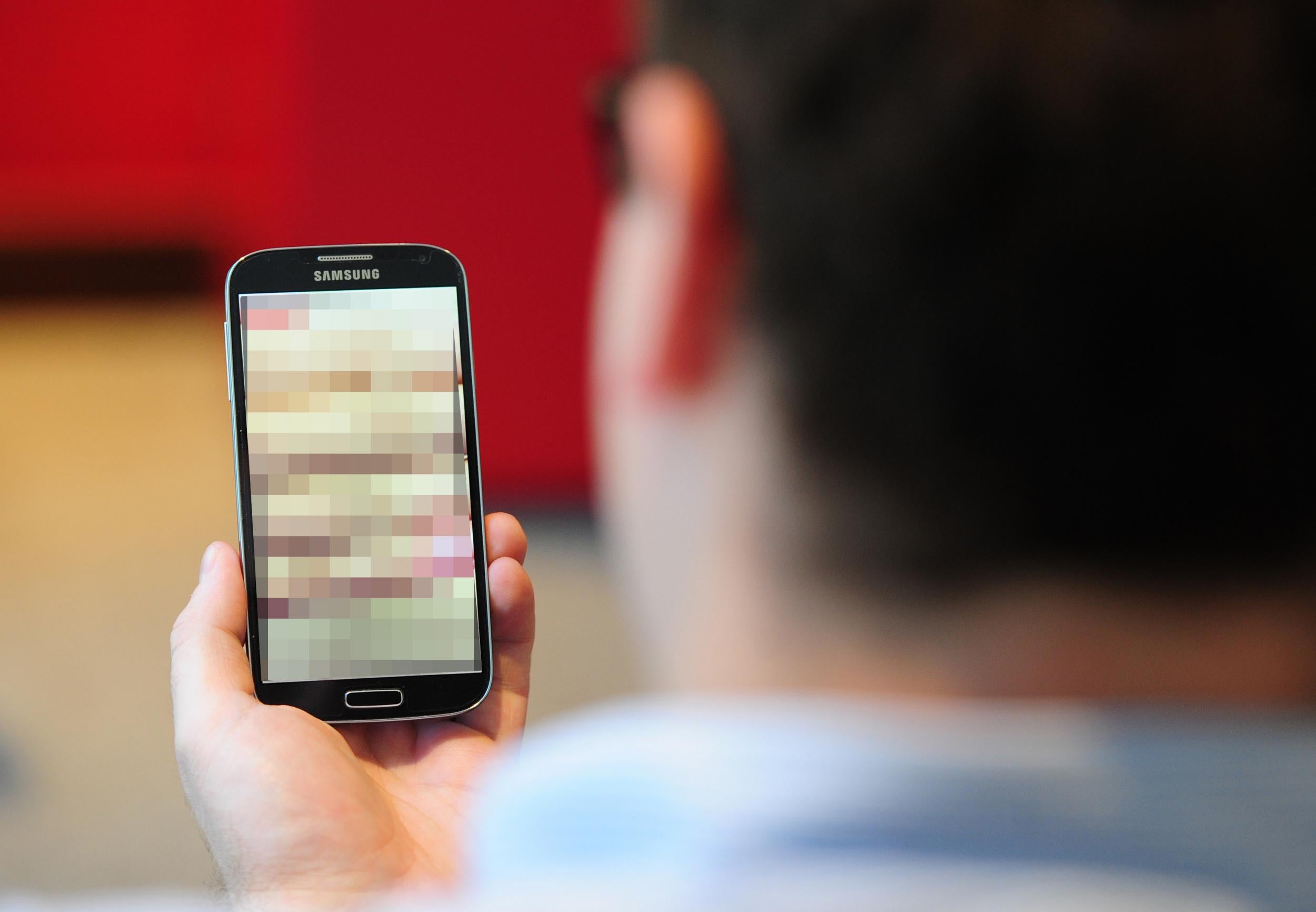As a lawyer, I know our legal system doesn't know how to deal with revenge porn
Some images that seem like they should be caught by the new offence are not – including when a victim's face is photoshopped onto pornography

Your support helps us to tell the story
From reproductive rights to climate change to Big Tech, The Independent is on the ground when the story is developing. Whether it's investigating the financials of Elon Musk's pro-Trump PAC or producing our latest documentary, 'The A Word', which shines a light on the American women fighting for reproductive rights, we know how important it is to parse out the facts from the messaging.
At such a critical moment in US history, we need reporters on the ground. Your donation allows us to keep sending journalists to speak to both sides of the story.
The Independent is trusted by Americans across the entire political spectrum. And unlike many other quality news outlets, we choose not to lock Americans out of our reporting and analysis with paywalls. We believe quality journalism should be available to everyone, paid for by those who can afford it.
Your support makes all the difference.Revenge porn is back on the public radar following the news that over 200 people were prosecuted for disclosing private sexual images without consent in the year 2015-16. This data shows that victims and police are becoming increasingly confident in tackling revenge porn, but more must be done to support victims and deter perpetrators.
The rise of this issue has been linked to the increase in the use of social media. More and more, people are conducting their private lives online. It's a small step for those comfortable with expressing themselves through technology, via socially acceptable sexually provocative selfies, to share more revealing private images as part of a consensual sexual relationship. But the ease with which these images can be shared online by the recipient is rarely understood. Not many people realise that there are specialist revenge porn websites, established for the purpose of publishing sexual images and films without the consent of the subject and to cause maximum harm through public humiliation.
Of course, publication is not limited to these websites and I have seen cases where sexual, intimate images have been published on a victim's Facebook account, Twitter, Instagram and then directly to members of religious communities, family members or employers with devastating results.
The law in England and Wales still does not provide effective tools to deal with offences committed online, and this includes revenge porn. New legislation came into force in April 2015 to target specifically the disclosure of private sexual photographs and films with intent to cause distress. Unfortunately there are problems when applying the new offence to real life situations. In order to prosecute there is a need to demonstrate that the perpetrator intended to cause distress. This is hard to evidence and is a relatively high threshold when compared with other offences like harassment. The definition of what is sexual or private is confusing for victims and some images that seem like they should be caught by the new offence are not – including when a victim's face is photoshopped onto a pornographic image. This, coupled with the crippling shame of the publication of a private photograph can prevent women and young or vulnerable people from taking action.
In the event that the recipient shares a picture without consent, or threatens to, it is important to report it to the police as soon as possible and seek help from organisations such as the Revenge Porn Helpline. Even where the perpetrator is not identifiable or publishes the images anonymously, taking immediate action to curb further dissemination is essential.
I have worked with SPITE (Sharing and Publishing Images To Embarrass), a pro bono initiative with Queen Mary University, to try to assist the victims of revenge porn for over a year. A team at Mishcon de Reya, including specialist reputation lawyers and criminal law experts provides support to students and pro bono advice to victims of revenge porn and related offences. During the time I have worked with SPITE, Queen Mary Legal Advice Centre has received 205 enquiries from members of the public with concerns about revenge porn. This is a positive sign that people are overcoming their doubts about taking action against revenge porn to seek help.
In my experience, the biggest obstacle is for victims to overcome feelings of shame and fear to speak out about this issue. If the victim consented to or even took the private sexual image of themselves and sent it to their partner during the course of their relationship, they can experience agonising guilt about what has happened. It's important for victims, family members and police to remember that, regardless of the circumstances in which the image was acquired, it is an offence for it to be shared against the will of the individual concerned. Victim blaming will only deter victims from speaking out.
Over the past couple of years, some celebrities have waived their right to anonymity to raise awareness. Revenge porn is a very serious issue – victims often suffer crushing public humiliation, guilt and serious consequences both in their personal and professional life. In the face of this, individuals must continue to come forward and show that these actions will not be tolerated. It is only by challenging the perpetrators and continuing to set examples that we can move forward.
Hopefully now we know that police are taking victims seriously and the number of prosecutions is on the rise, the perpetrators of this serious crime will be deterred.
Join our commenting forum
Join thought-provoking conversations, follow other Independent readers and see their replies
Comments